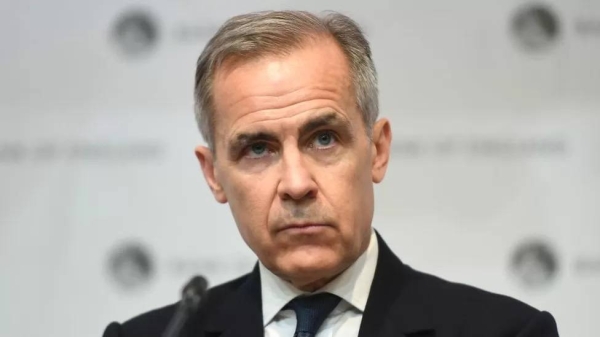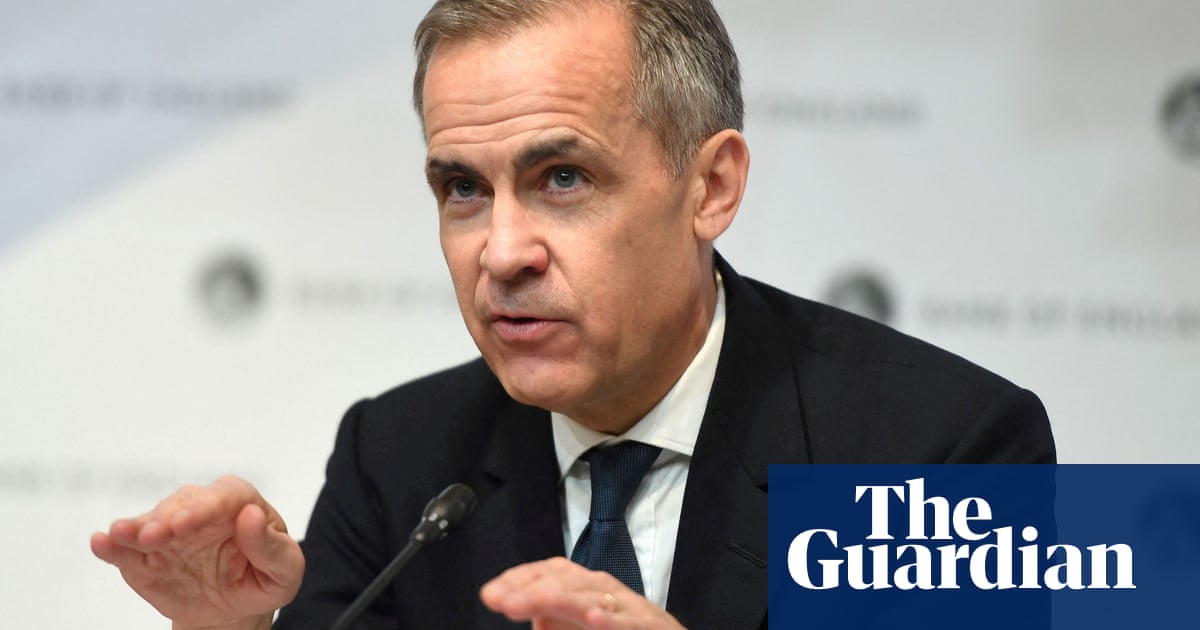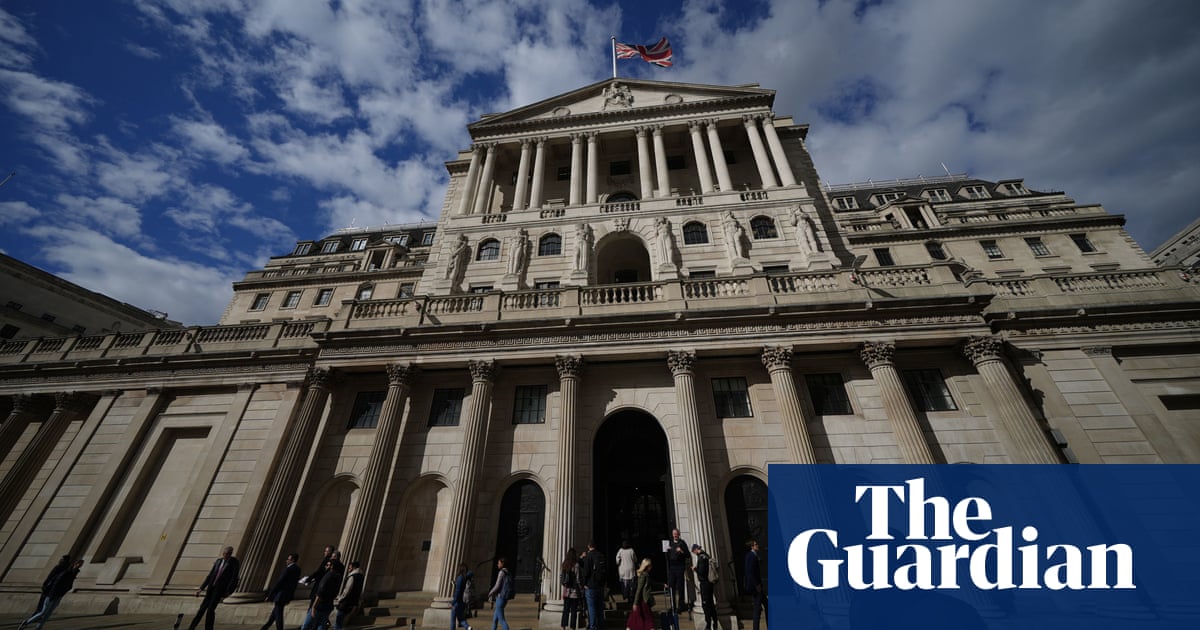
A former high court judge has publicly questioned the evidence the governor of the Bank of England has given to MPs over the London Capital & Finance (LC&F) collapse, as a row about a report into the scandal escalated.
Dame Elizabeth Gloster, who headed an inquiry into LC&F, said she “must disagree” with some of the evidence that Andrew Bailey presented on Monday, and that she also rejected his suggestion there had been a “fundamental misunderstanding”.
The dispute concerns Gloster’s official 494-page report into the £236m LC&F investment scandal, which contained a damning verdict on the Financial Conduct Authority’s failure to properly supervise and regulate the firm, which collapsed in 2019. Bailey was chief executive of the FCA from July 2016 until March 2020, when he took over as the Bank of England governor.
The report, published just before Christmas, disclosed that Bailey had asked investigators “to delete references to ‘responsibility’ resting with specific identified/identifiable individuals” for the FCA’s failures. However, Gloster stuck to her ground and included his name and those of two other individuals.
Giving evidence to MPs on the Treasury select committee on 1 February, Gloster said there had been “quite a lot of pushback” to her decision to name Bailey and the other two people, and that it seemed “inappropriate, in quite a serious way” and “a lack of judgment” to try to suggest that their names should not be mentioned.
Giving evidence before the same committee on Monday, Bailey did not attempt to disguise his anger about the issue.
Asked by MPs if he regretted making representations about being named, he said there had been a “fundamental misunderstanding” on this, adding: “It is not correct to present the points I made in my representations as in any sense an unconditional statement that I didn’t want my name mentioned.”
He said that as the former chief executive, he took responsibility for the FCA, but the draft version of Gloster’s report contained “ambiguity” in terms of the distinction between this more general responsibility and “personal culpability” (blame). Bailey added: “The point I was making was not about responsibility … I’m probably sounding quite angry now, and I am.”
But Gloster has now hit back at these comments. In a letter to the committee of MPs that was released to the media, she said Bailey’s “primary position” in the representations he had made was that references to him or anyone else having personal responsibility for the FCA’s regulation of LC&F should be deleted. She said: “The distinction between personal culpability and responsibility was merely one argument in support of that position.”
Gloster added that, when it came to Bailey’s argument that his representations were limited to merely requesting a distinction between personal culpability and responsibility, “I must disagree”.
She added: “I also reject his suggestion that there has been a ‘fundamental misunderstanding’ on this issue.”
In her letter, Gloster included extracts from Bailey’s representations at the time.
More than 11,600 people had invested a total of £237m when LC&F collapsed in January 2019. Its “mini-bonds” had promised returns to investors of up to 8% a year.
In a statement responding to Gloster’s latest comments, the Bank of England continued to talk about a lack of clarity.
“As the governor made clear in parliament yesterday [Monday], his legal representations were made in the context of a draft report which was not clear on the distinction between personal culpability or blame, and responsibility. If that had been made clear in the draft report, the governor would not have needed to make the representations. At no point was his intention to imply he did not take full responsibility. As the governor said yesterday and to Dame Elizabeth, he fully accepts responsibility for everything that occurred during his time at the FCA and welcomed the opportunity yesterday to reiterate that, and his apology to bondholders,” said a Bank spokesman.
He added: “As the governor said yesterday, Dame Elizabeth and he disagree on points of process and some of her conclusions, but he fully respects her independence and does not propose to comment further.”












